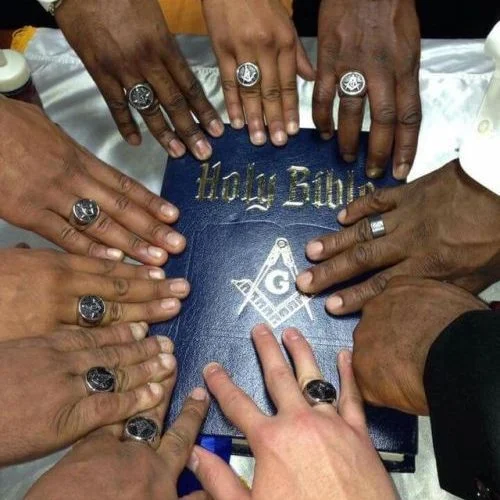What is the illuminati and why are they so popular today?
The Illuminati is a group aimed to promote Enlightenment ideals, such as reason, secularism, and social reform. They opposed religious and political oppression. The society was hierarchical and secretive, using pseudonyms and codes to protect members’ identities and activities.
In modern times, the Illuminati is a shadowy, powerful organization that manipulates world events and governments behind the scenes.
Popular symbols associated with the Illuminati include the all-seeing eye, the pyramid, and other esoteric or occult symbols.

The illuminati was originally founded on may 1st, 1776, in Bavaria, Germany as a secret society during the enlightenment era. Their goals were to combat superstition , religious influence over public life and abuses of state power. The society influence spread throughout Europe and even attracted notable figures like Johann Wolfgang von Goethe. Despite their disbandment in the late 18th century, the illuminati remains one of the most influencial secret societies today.
Illuminati beliefs
1-Rationalism and Enlightenment Ideals: The Illuminati were heavily influenced by the Enlightenment, emphasizing reason, secularism, and the scientific method. They sought to promote knowledge, critical thinking, and education as tools to combat superstition and religious dogma.
2-Separation of Church and State: One of their core beliefs was the separation of religious institutions from government functions. They opposed the powerful influence of the Catholic Church and other religious authorities in political matters.
3-Equality and Anti-Despotism: The Illuminati aimed to promote social and political equality. They were against absolute monarchy and despotism, advocating for more democratic forms of government and the protection of individual rights.
4-Moral Improvement and Virtue: Members of the Illuminati were expected to strive for moral perfection and virtue. They believed in self-improvement and ethical conduct as foundations for a just society.
5-Secrecy and Hierarchical Structure: The society operated in secrecy and had a hierarchical structure. Members were gradually introduced to the society’s inner workings and deeper secrets as they progressed through the ranks.
6-Influence and Reform: The Illuminati sought to influence political decisions and social reforms by placing members in positions of power. They aimed to spread Enlightenment ideas through infiltration and gradual change rather than overt revolution.
7-Critique of Superstition and Mysticism: They were critical of superstition, mysticism, and irrational beliefs. This included a critique of traditional religious practices that they saw as hindering progress and enlightenment.
8-Philosophical and Ethical Education: The Illuminati emphasized education in philosophy, ethics, and the sciences. They believed that a well-educated and enlightened populace was essential for a just and progressive society.

